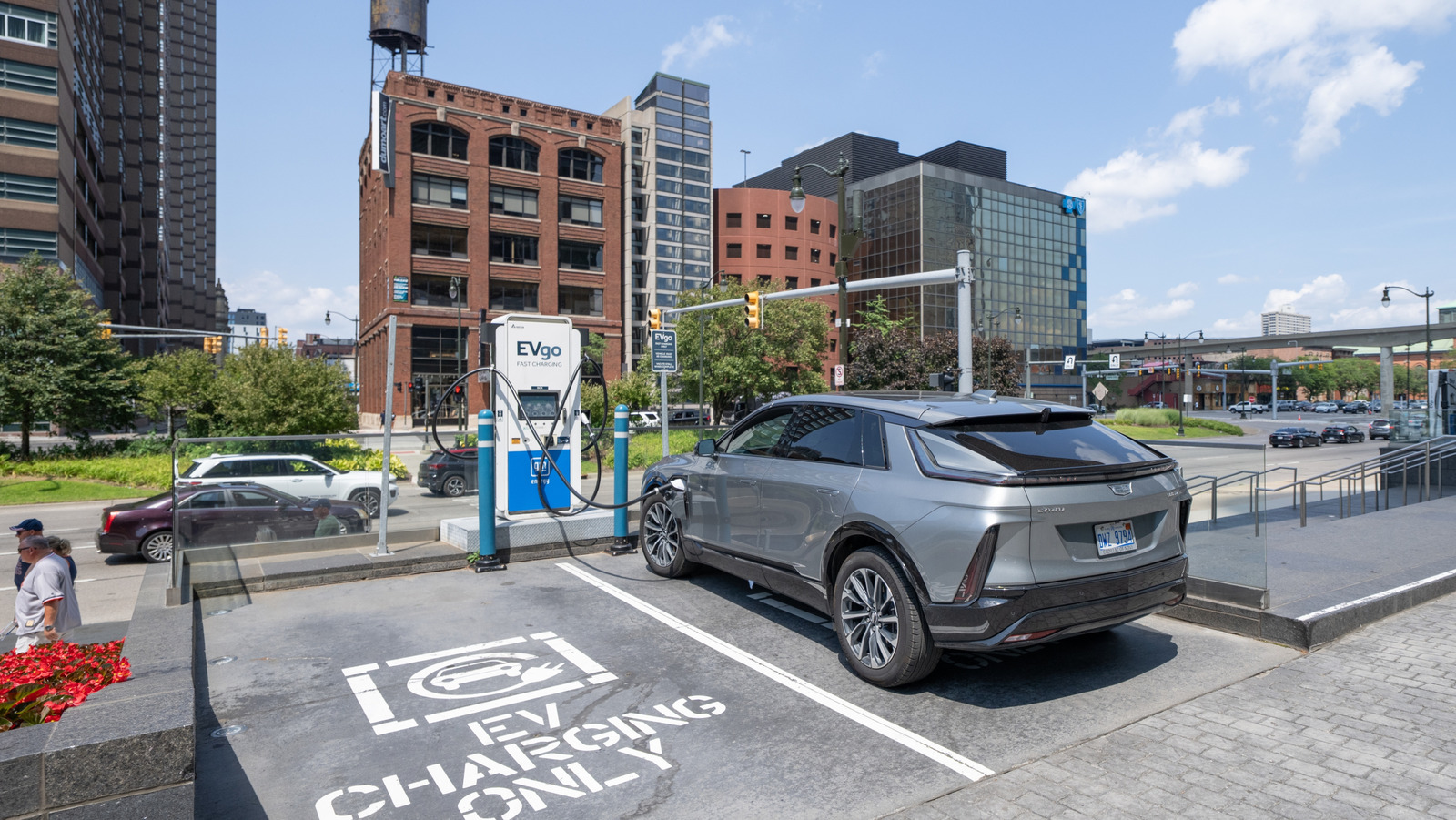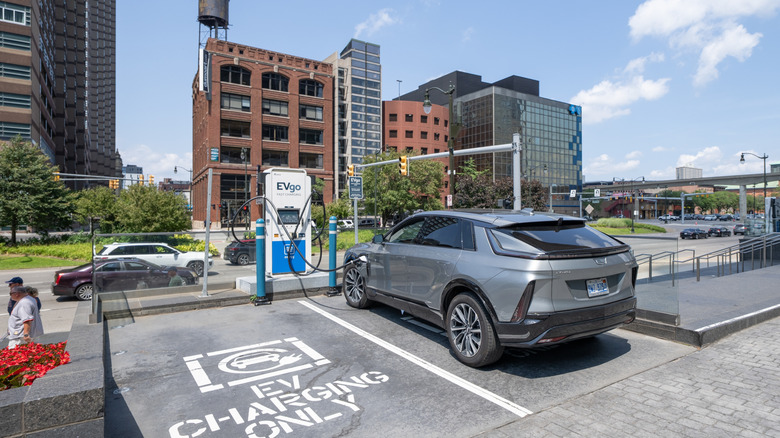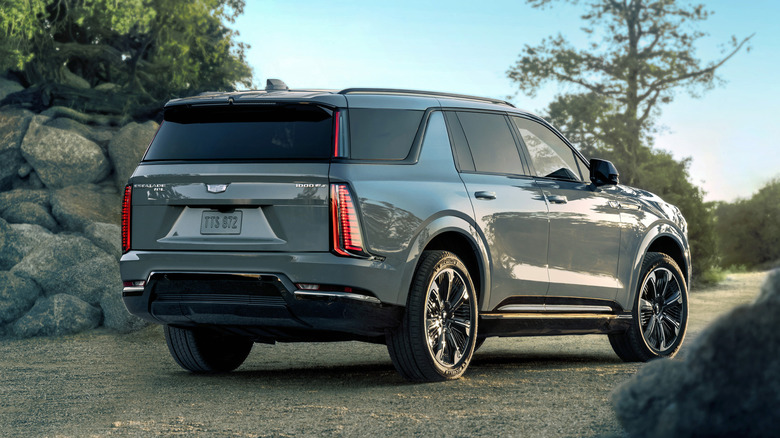The automotive industry has relied on fossil fuels for over a century, and the roads those cars travel on have relied heavily on taxes that drivers pay on each gallon of gas purchased at the pump. As the effects of human-caused climate change continue to worsen and more drivers choose to drive less environmentally damaging electric vehicles, governments have had to reconsider how to go about collecting those infrastructure-funding taxes. One way that states have decided to recoup the revenue lost by EV owners not paying gas taxes is by adding additional fees when EV owners register their cars.
EV-owning Michiganders already pay an annual EV surcharge of $160 on top of their annual registration fees, and owners of EVs and hybrids that weigh over 8,000 pounds pay an additional $100 on top of that before even accounting for the standard registration cost. That annual EV surcharge will soon skyrocket by another $100 each year, and make EV owners pay significantly more in taxes than gas car owners pay in gas taxes over the course of a year. This will make Michigan tie with New Jersey as the states with the highest EV taxes in the United States.
EV owners could soon pay an additional $1.88 for every cent the gas tax increases
The proposed bill that would further increase the fees that EV owners pay is Senate Bill 593, and according to M Live News, “a plug-in hybrid vehicle’s annual fee would increase 94 cents for every cent the fuel tax increased above 19 cents per gallon. For EV, the increase would be $1.88 per 1 cent of fuel tax.” That’s right, even plug-in hybrid owners are paying more in taxes than folks who drive gas-powered cars.
Critics say that raising fees for PHEV and EV registrations discourages EV adoption, and signals to the automakers that are based in the state that Michigan is not serious about electrification efforts. As a reminder, Ford, General Motors, and Stellantis are primarily based in Michigan.
According to ecocenter.org, EV drivers pay an average of $47 more in road funding taxes every year when compared to their most similar gas-powered counterparts. For example, the driver of a Chevrolet Equinox EV pays $40 more per year than the driver of a gas Chevrolet Equinox, and the driver of a Chevrolet Blazer EV pays $47 more per year than the driver of a gas Chevrolet Blazer. The gap widens with vehicles over the 8,000 pound mark; the driver of a Chevrolet Silverado EV pays $218 more toward road maintenance each year than the driver of a gas Silverado.
EVs are usually heavier than gas models
Since gas powered cars have become more efficient and use less fuel, the revenue from gasoline taxes has dropped significantly. For example, the owner of a 2024 Ford F-150 pays $45.15 less in gas taxes than the owner of a 2010 F-150. Given that there were 30,206 F-150s sold in Michigan in 2024, that equates to a loss in annual gas tax revenue of over $1.35 million. One of the biggest arguments against the increases in EV registration costs is that EV owners are paying significantly more in annual road taxes than gas car owners pay in gasoline tax over that same time span.
EVs tend to be heavier than their gas counterparts, which naturally puts more strain on the infrastructure that they use, but the gas tax doesn’t reward owners of lighter ICE vehicles with lower rates than owners of full-sized SUVs. Yes, the Chevrolet Equinox EV weighs about 1,500 pounds more than a gas-powered Equinox, but a Miata weighs over 3,000-pounds less than a Chevrolet Suburban and yet they pay the same proportion in gas tax. What do you think, is it fair to charge EV owners significantly more money than owners of gas-powered cars?





